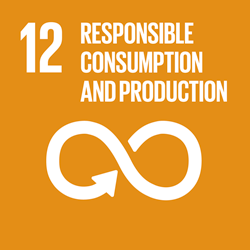Technological watch
Effect of Nano-Fertilizers on Alfalfa Plants Grown under Different Salt Stresses in Hydroponic System
In light of climate change and the ever-increasing population, salt stress has become a critical issue for agriculture and food security. The use of nano-fertilizers in agriculture is a promising application for salt stress management. Therefore, we investigated a hydroponic experiment to evaluate the effect of different nano-fertilizers: macro-nutrient (K2SO4) and micro-nutrient (ZnO and SiO2) on two alfalfa (Medicago sativa L.) genotypes: (Susceptible: Bulldog 505, and tolerant: Mesa-Sirsa) grown with different salt concentrations (6 and10 dS m−1) in split-split design. The results demonstrated that nano-K2SO4 enhanced shoot dry weight, plant height, number of flowers, number of tillers, root length, root fresh weight, and root dry weight under both salt levels. Addition of nano-K2SO4 enhanced plant relative water contents and electrolyte leakage with both genotypes under different salt levels. Nano-SiO2 promoted proline and SOD production with high salinity with values of (0.78 and 1.06 µmol g−1 FW) and 191.15 and 143.46 U. g−1 FW under Bulldog and Mesa-Sirsa, respectively. The application of nano-ZnO promoted plant micro-elements under 6 dS m−1 with both genotypes. The incorporation of nano-fertilizers into hydroponic systems provides a promising strategy, especially in regions with low water quality.
Publication date: 28/07/2022
Author: Rania M. El-Shal
Reference: doi: 10.3390/agriculture12081113






